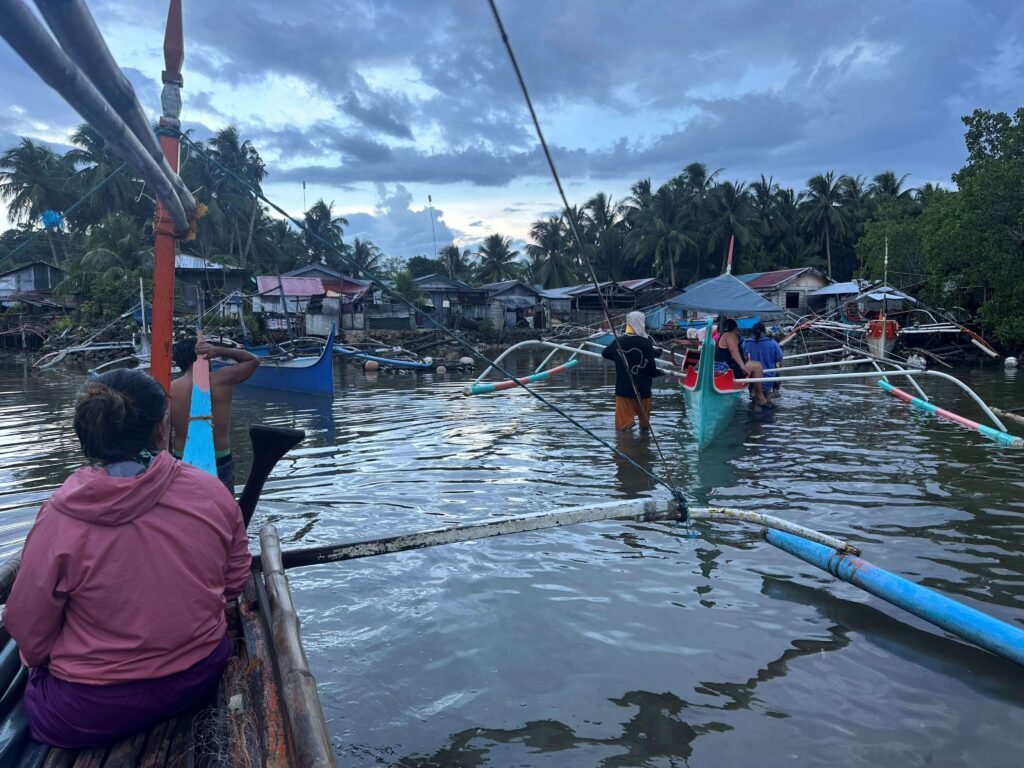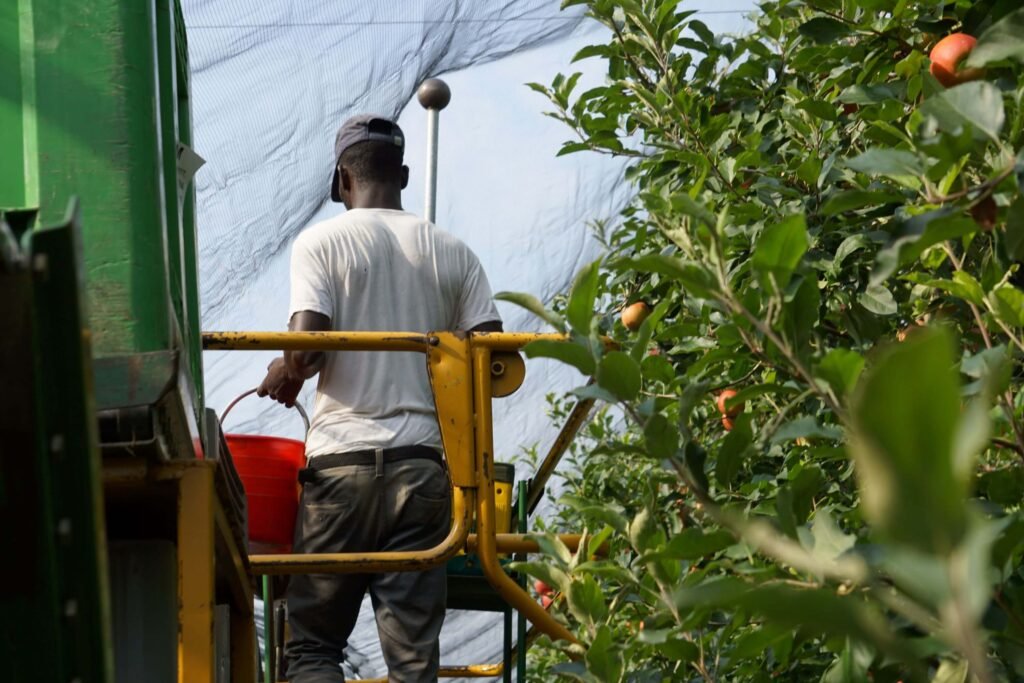The European Due Diligence Directive (CSDDD) is in its final approval phase, marking a significant step forward in defining the regulatory framework for companies concerning human rights and sustainability. This development has reinforced the foundation of basic principles and tools, such as the taxonomy regulation and the Corporate Sustainability Reporting Directive (CSRD) – ESRD standards, which have inspired recent regulatory initiatives.
Companies will be required to demonstrate their understanding of and prioritization for the potential negative impacts on human rights associated with their business activities, particularly focusing on adverse risks affecting individuals and communities. This necessitates a significant and ongoing private sector engagement with internal and external stakeholders.


Where should companies begin? Firstly, a company must establish a human rights policy and a structured due diligence process. One such tool for due diligence is the Human Rights Impact Assessment (HRIA), which can identify both actual and potential adverse risks to human rights, assess how business practices contribute to these risks, drive systemic and sustainable improvements for workers and rights-holders, and develop an action plan to prevent, mitigate, and remedy negative impacts.

Furthermore, companies need to implement a robust Grievance Mechanism (GM): a formal system allowing all internal and external stakeholders to raise concerns related to negative impactswhether real or perceived, actual, or potential-caused directly or indirectly by a company’s operations.
Women and gender-diverse individuals constitute a significant portion of the workforce in the food value chain. Approximately one in three working women globally are involved upstream in the food value chain, where there remains a considerable journey toward achieving gender equity and addressing economic disparities.
In addressing these issues, specific toolkits and training programs focused on gender inclusion for both workers and suppliers can provide valuable support. Drawing from our experience, we offer companies tools and expertise at Oxfam to navigate the ongoing tension between responsible business practices and development strategies.

